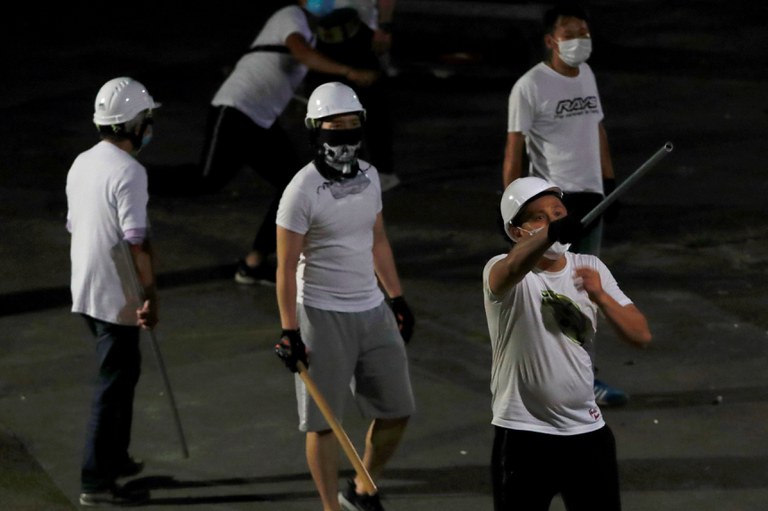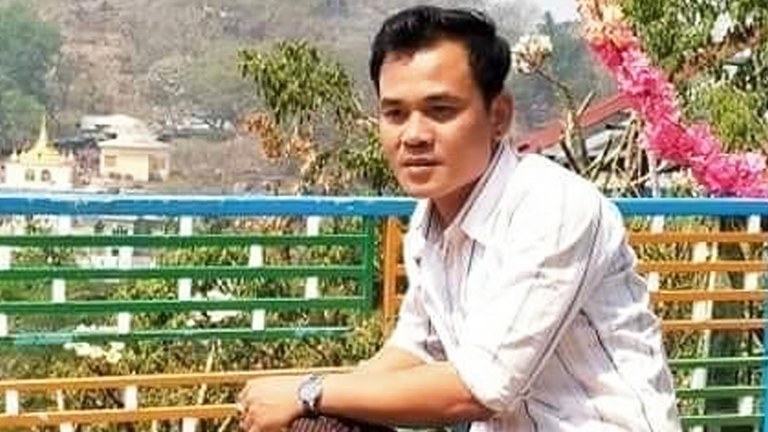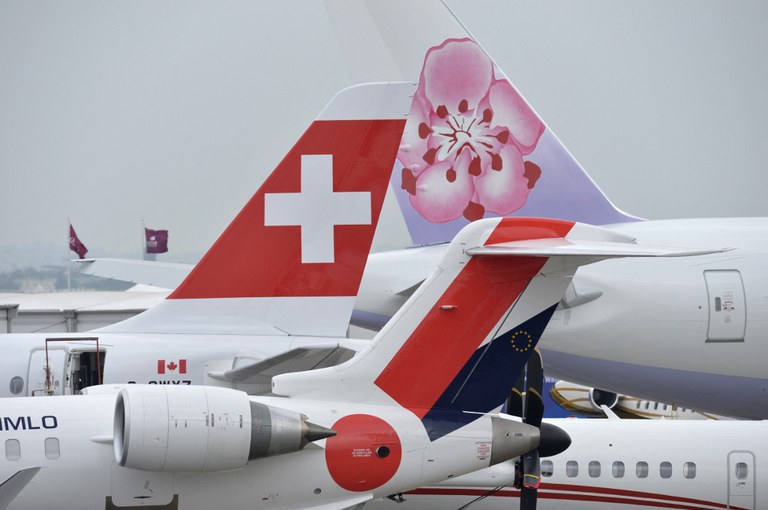
Top British judges quit Hong Kong final appeal court, citing national security law
Two U.K. Supreme Court judges resigned from Hong Kong’s Court of Final Appeal (CFA) on Wednesday, citing a recent crackdown on dissent under a draconian national security law imposed on the city by Beijing. Non-permanent CFA judges Lord Reed and Lord Hodge had sat on the court “for many years” under an agreement governing the 1997 handover of Hong Kong to Chinese rule, Reed said in a statement. “I have been closely monitoring and assessing developments in Hong Kong, in discussion with the government,” Reed wrote. “However, since the introduction of the Hong Kong national security law in 2020, this position has become increasingly finely balanced.” “The judges of the Supreme Court cannot continue to sit in Hong Kong without appearing to endorse an administration which has departed from values of political freedom, and freedom of expression, to which the Justices of the Supreme Court are deeply committed,” the statement said. U.K. foreign secretary Liz Truss said the government supported the decision. “The Foreign Secretary supports the withdrawal of serving UK judges from the Hong Kong Court of Final Appeal, following discussions with the Deputy Prime Minister and Lord Chancellor and the President of the Supreme Court,” said in a brief statement, which was signed by Truss and deputy prime minister Dominic Raab. Ruling Conservative Party rights activist Benedict Rogers, who heads the U.K.-based rights group Hong Kong Watch, said the move was the correct one. “Today’s news reflects the sad reality that the national security law has torn apart the human rights and constitutional safeguards which made Hong Kong meaningfully autonomous,” Rogers said. “The British judges’ ongoing presence was providing a veneer of legitimacy for a fundamentally compromised system, and the British government is right to have taken steps to recall them,” he said. The Law Society of Hong Kong, which represents solicitors in the city, called on the judges to reverse their decision. “Unfair and unfounded accusations … against the judicial system of Hong Kong have no place in the discussion about rule of law,” president C.M. Chan said in a letter to news editors. “I sincerely appeal to the U.K. judges to reverse course.” Hong Kong Chief Justice Andrew Cheung noted the resignations “with regret.” Men in white T-shirts with poles are seen in Yuen Long after attacking anti-extradition bill demonstrators at a train station in Hong Kong, July 22, 2019. Credit: Reuters Documentary on attacks The resignations came as internet service providers in Hong Kong appeared to have blocked a 30-minute documentary by Vice News on YouTube detailing the involvement of triad criminal gangs in bloody attacks on passengers at the Yuen Long MTR station on July 21, 2019, amid a mass protest movement sparked by plans to allow the extradition of alleged criminal suspects to face trial in mainland China. The documentary explored in depth the attacks by men wielding sticks and wearing white clothing. “For many, the violence was shocking and symbolized the death of Hong Kong’s democracy,” the platform said in its introduction to the video on YouTube. “It is tragic how a Hong Kong citizen like me had to use a VPN in order to watch this,” YouTube user Dayton Ling commented under the video. “It saddens me that Hong Kong has gone from a first class financial centre to a third world police state.” Several other users commented that the journalist interviewed for the film is currently behind bars, awaiting trial under the national security law. Hong Kong’s national security police recently wrote to Benedict Rogers ordering him to take down the group’s website, which was highly critical of the ruling Chinese Communist Party (CCP)’s rights record in Hong Kong. The U.K., along with Australia, Canada, Germany, New Zealand and the United States have suspended their extradition agreements with Hong Kong. However, extradition agreements remain active between Hong Kong and the Czech Republic, India, Indonesia, Malaysia, the Philippines, Portugal, Singapore, South Africa, South Korea and Sri Lanka, putting anyone traveling to those countries at potential risk of arrest if they are targeted by the law. The national security law ushered in a citywide crackdown on public dissent and criticism of the authorities that has seen several senior journalists, pro-democracy media magnate Jimmy Lai and 47 former lawmakers and democracy activists charged with offenses from “collusion with a foreign power” to “subversion.” Translated and edited by Luisetta Mudie.



